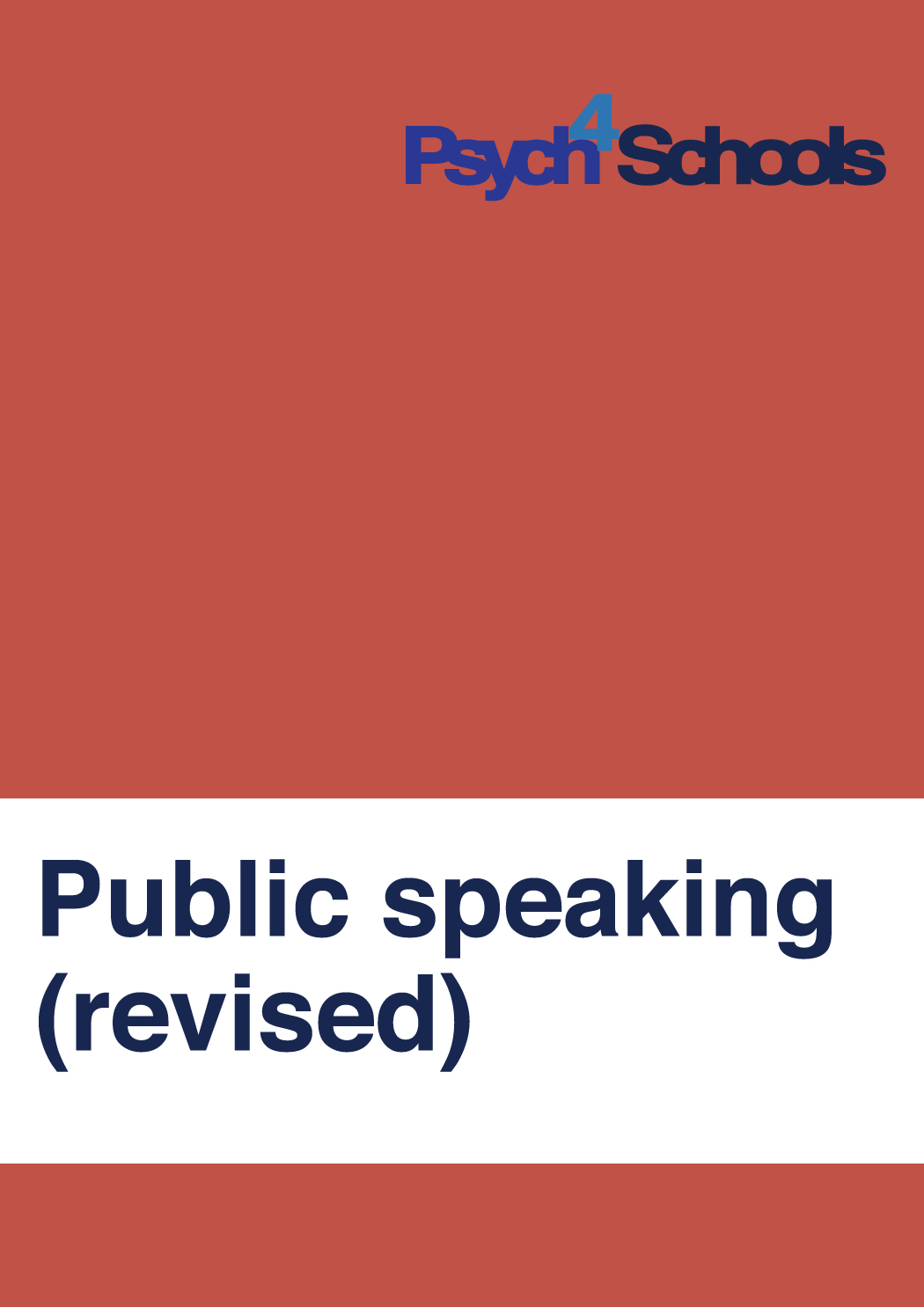Category:
Friendship offers opportunities for sharing, learning, fun, excitement, self-disclosure, support, advice and long-term relationships. For many children, making and keeping friends is quite effortless, but for some it is a challenge. Sadly, about one in ten school-age children have no friends and are disliked by most of their classmates.[1] Asher, S.R., and Williams, G.A., (1996) Children
Read moreIt is not unusual for children to sometimes tell lies or embellish the truth, particularly in the preschool and early primary years. However, lying is problematic if it occurs frequently, becomes a habit or is hurtful to the child or to others. Typically, a child develops a sense of right and wrong by about nine
Read moreIt is common for most adults and children to feel nervous about speaking in public at some time in their lives. Some children fear speaking publicly in all situations, including reading aloud or answering questions in class, while others fear only formal class presentations or performing in front of the school. Teachers expect children to
Read moreIn Australia one in six children are bullied at school each week.[1]Rigby, K. (1997). What children tell us about bullying in schools. Children Australia, 22, p.28–34. Bullying involves one or more individuals threatening or causing harm to another individual’s psychological or physical health and safety. These threats or acts of harm are ongoing, either intermittently
Read moreChildren with Asperger’s syndrome interpret the world very differently from other people. Asperger’s syndrome is characterised by significant impairments in the child’s social communication skills, difficulty regulating emotions, sensory sensitivity, learning difficulties, and repetitive or persistent behaviours and interests. They are typically eccentric and one-sided in social approaches with others and are often labelled ‘little
Read more



